*I have a camera. I like taking pictures. Here are some of photographs from my recent life stuff.
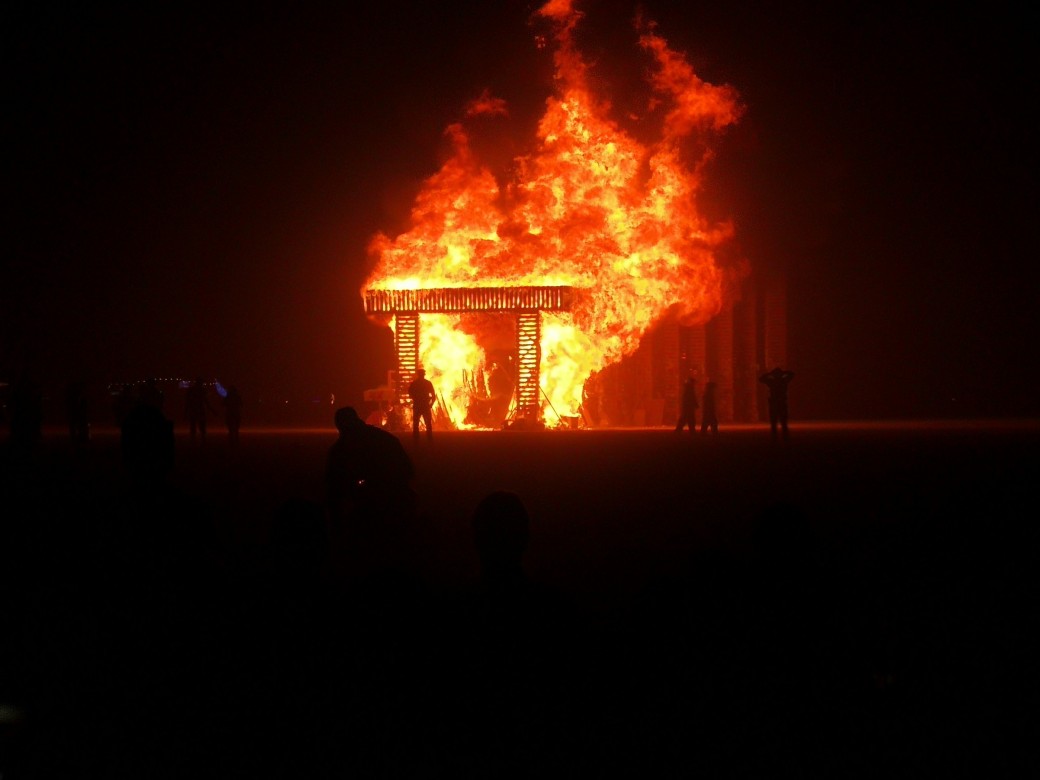
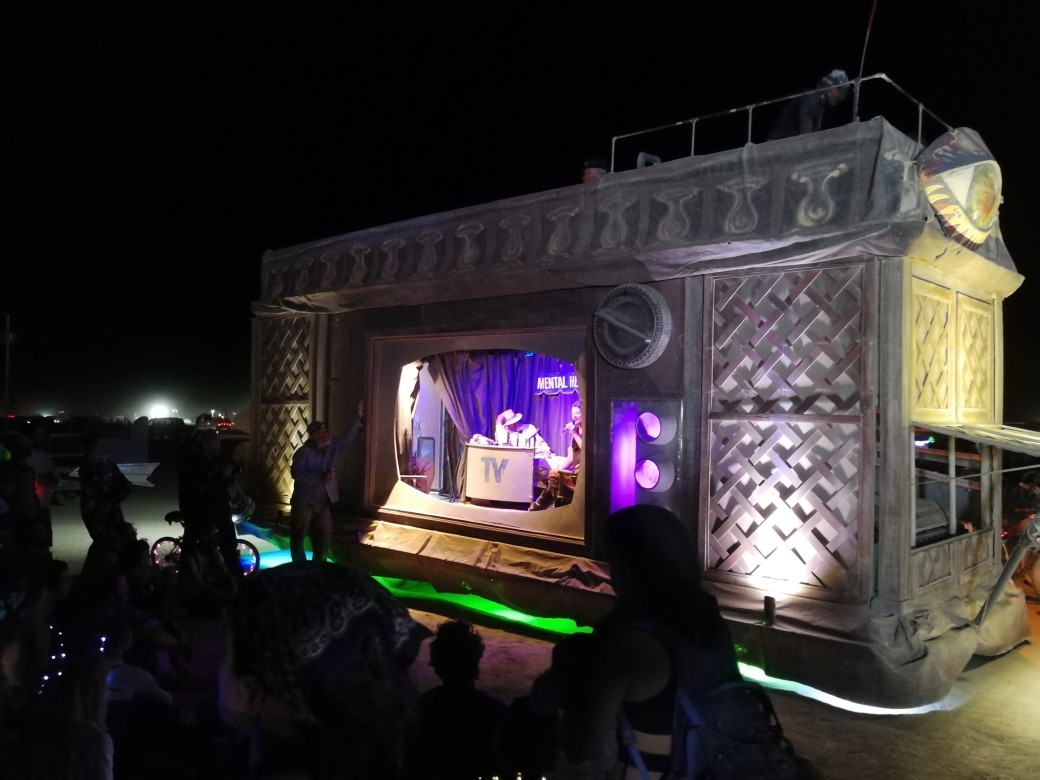
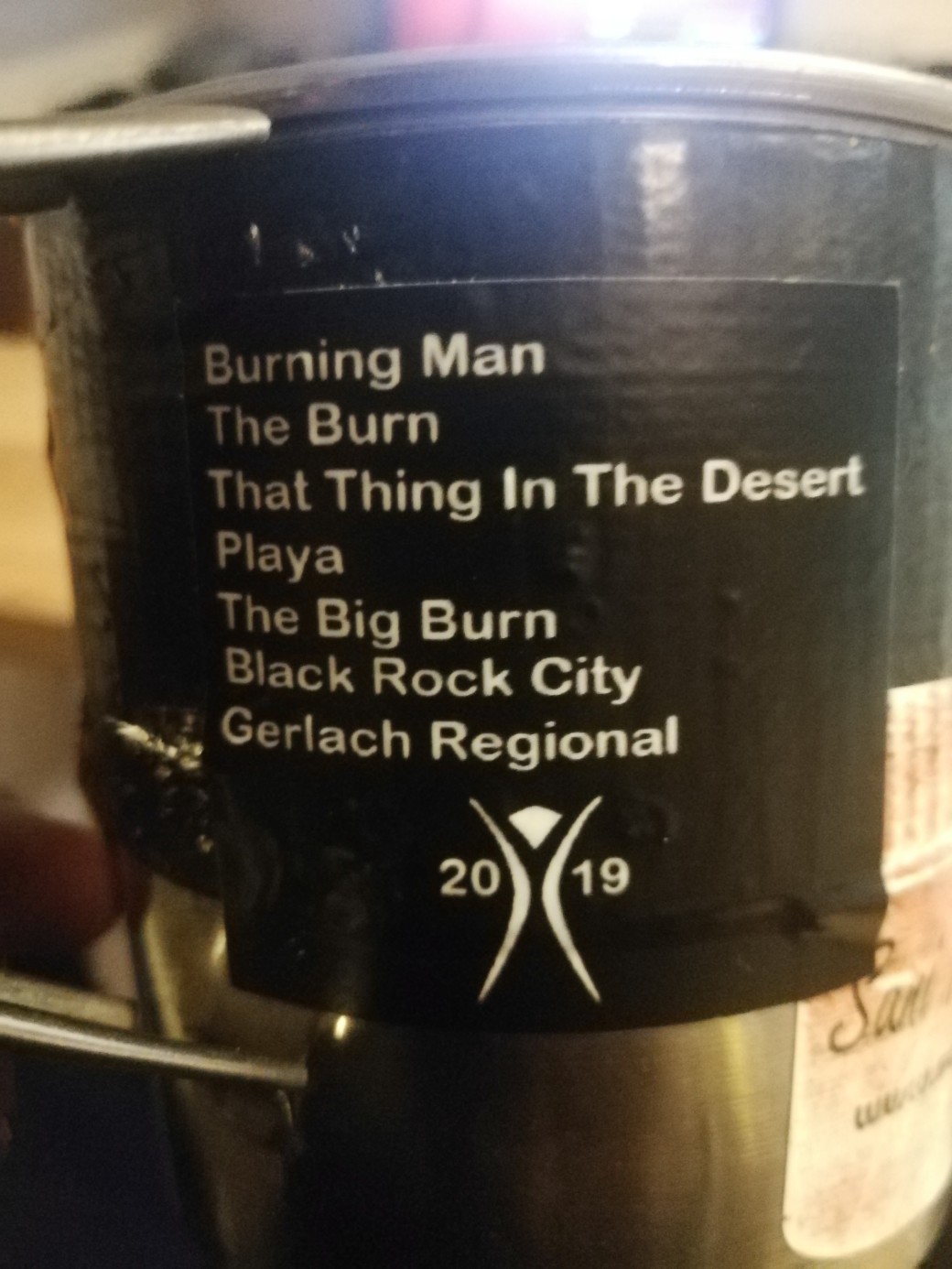
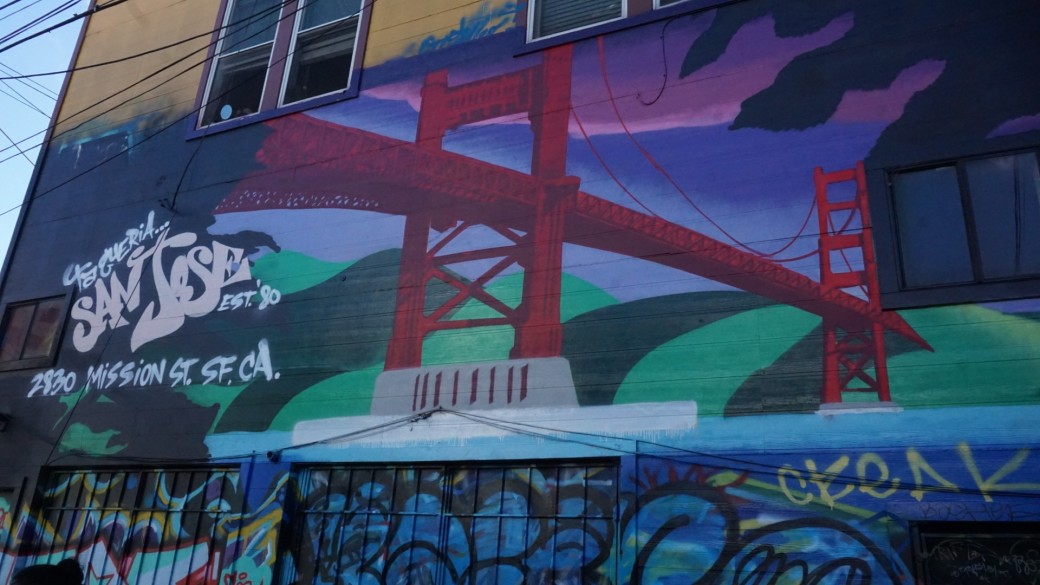
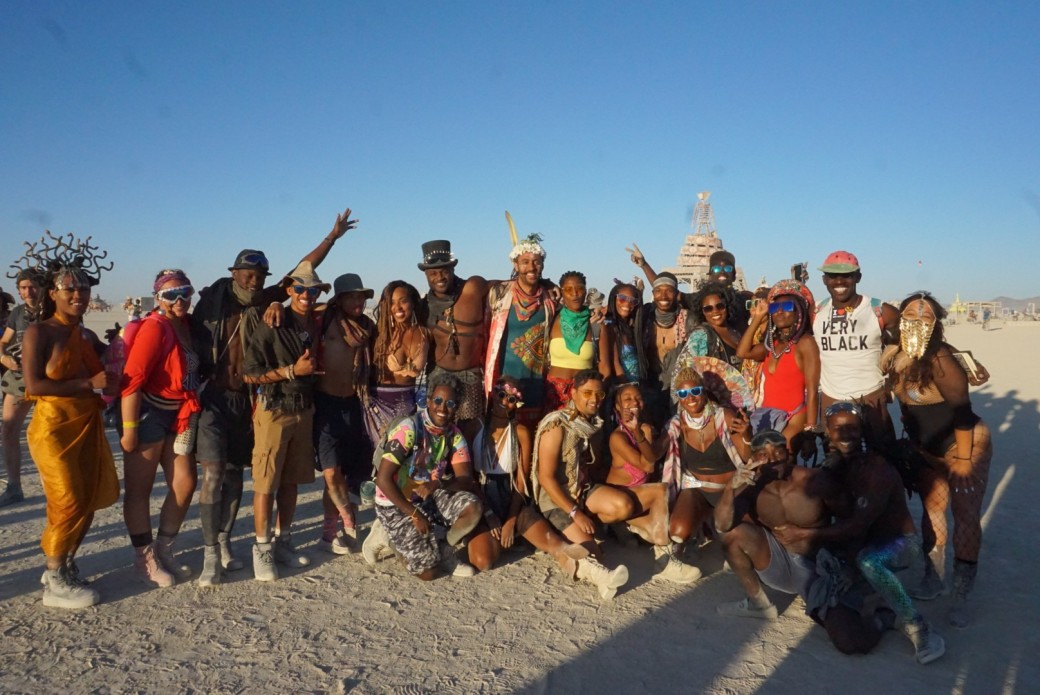
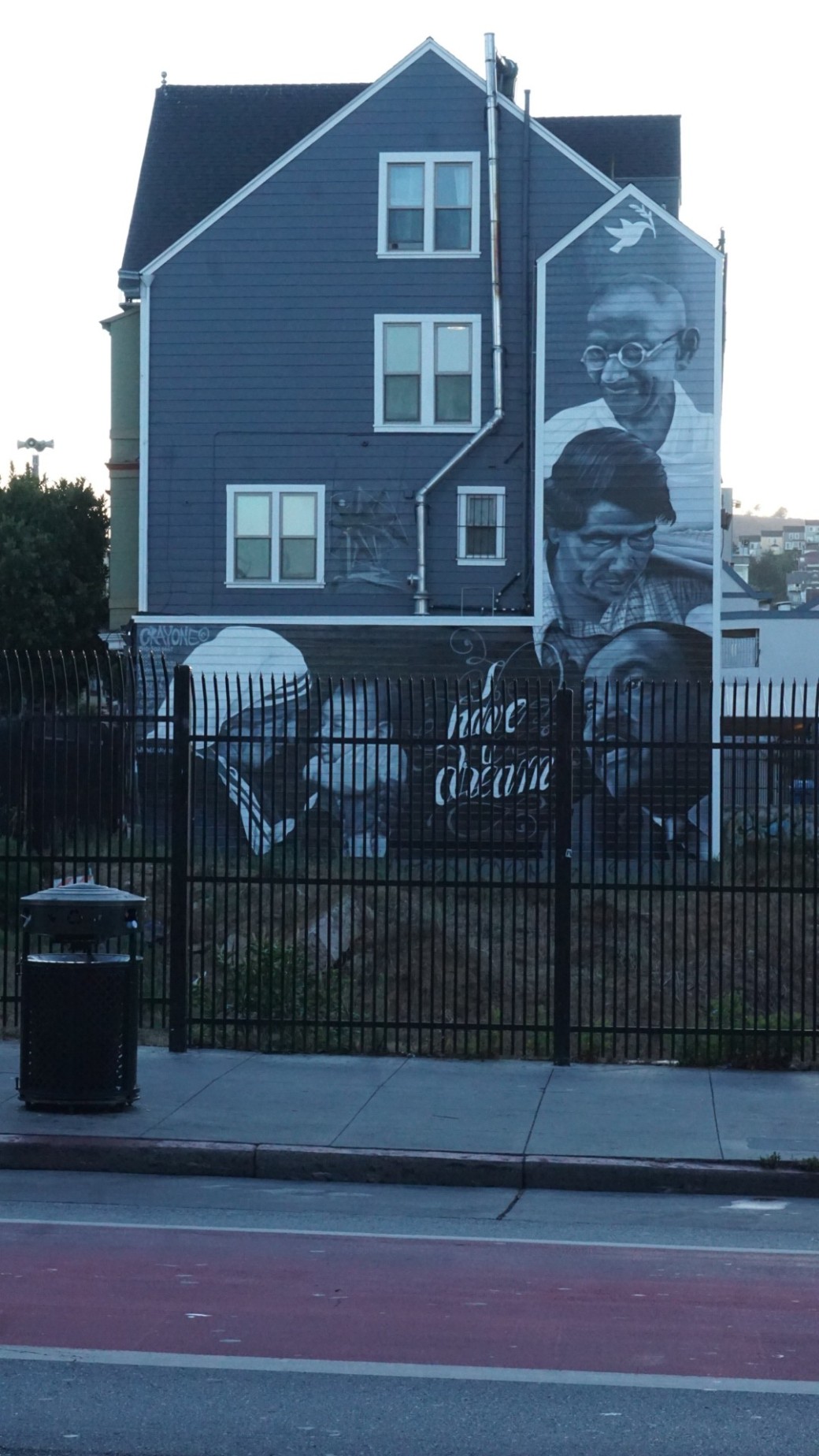
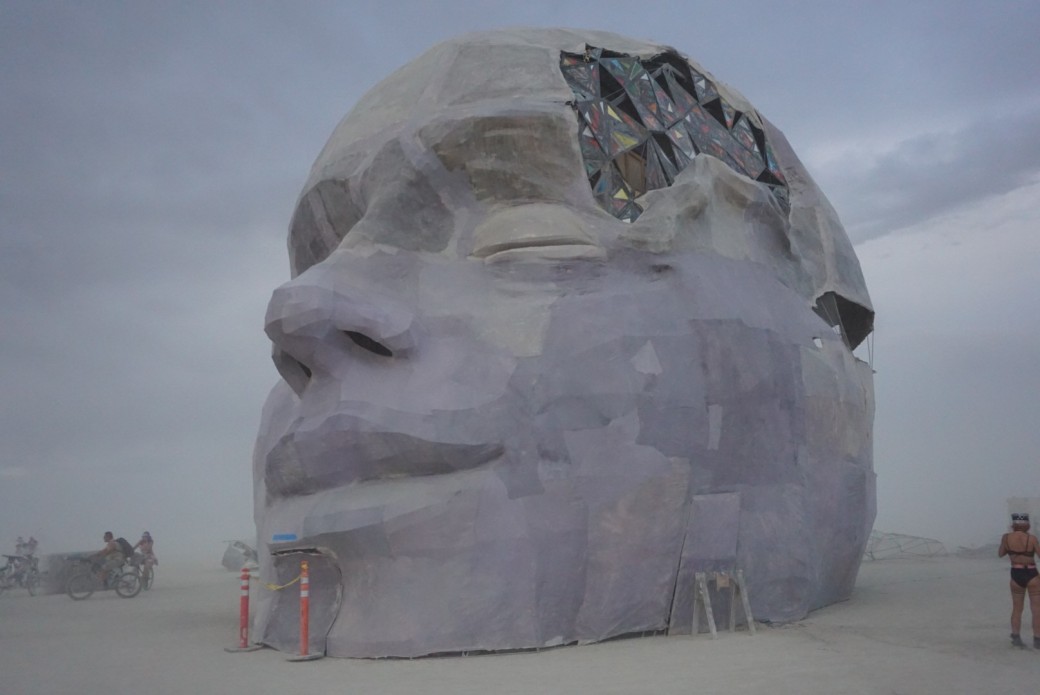
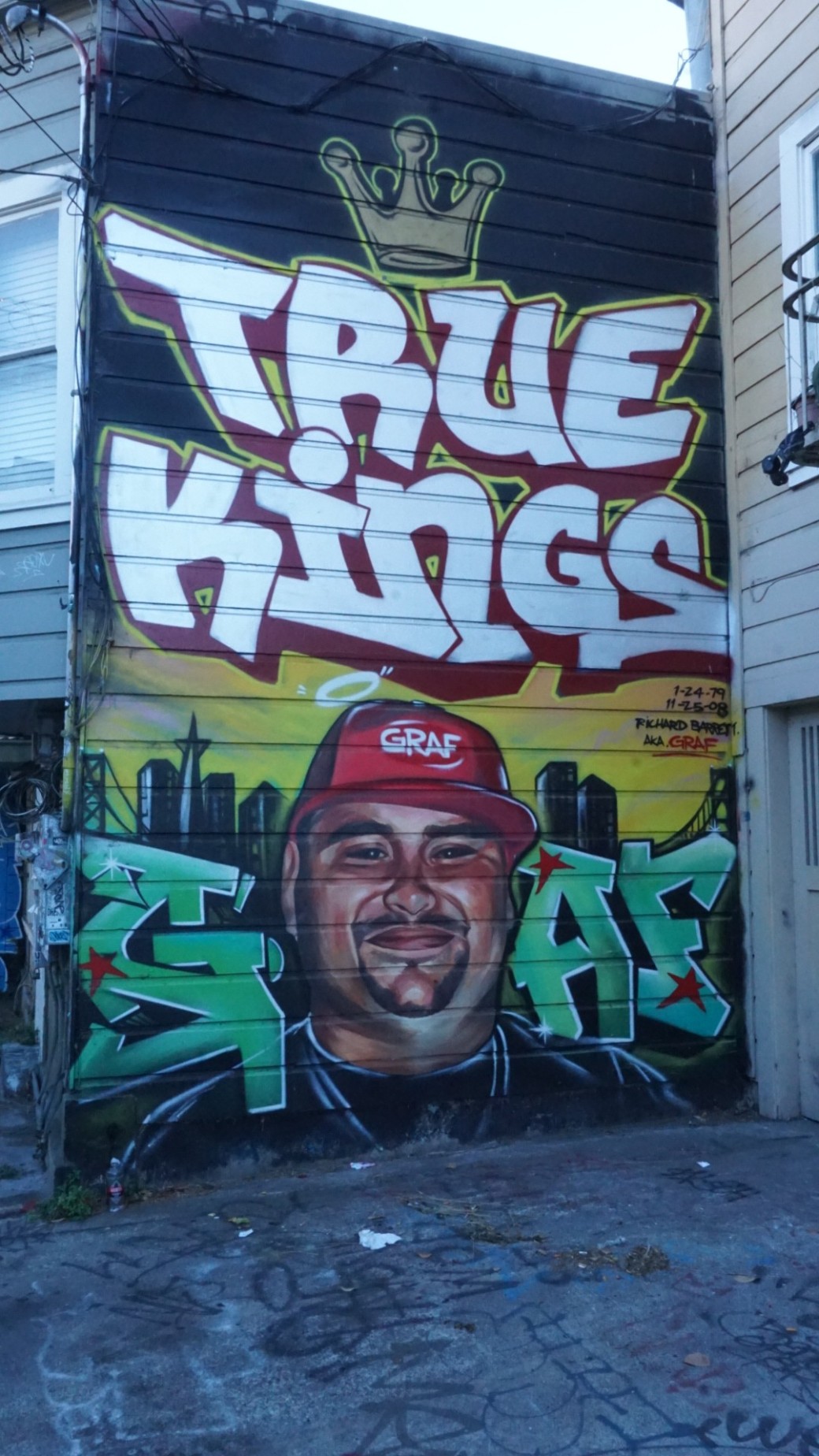
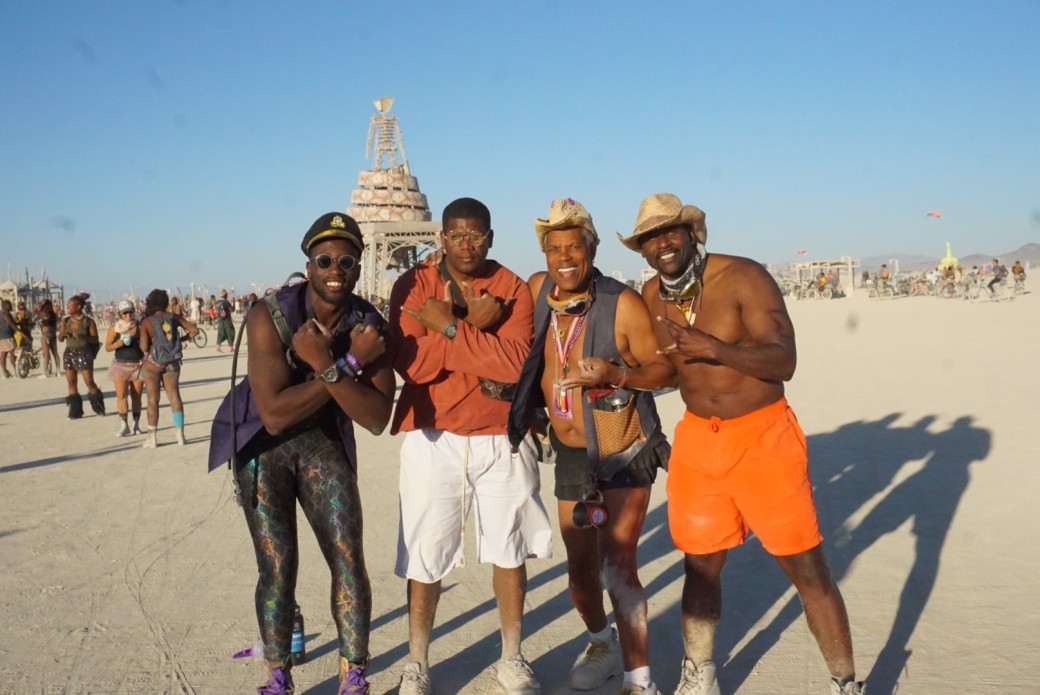
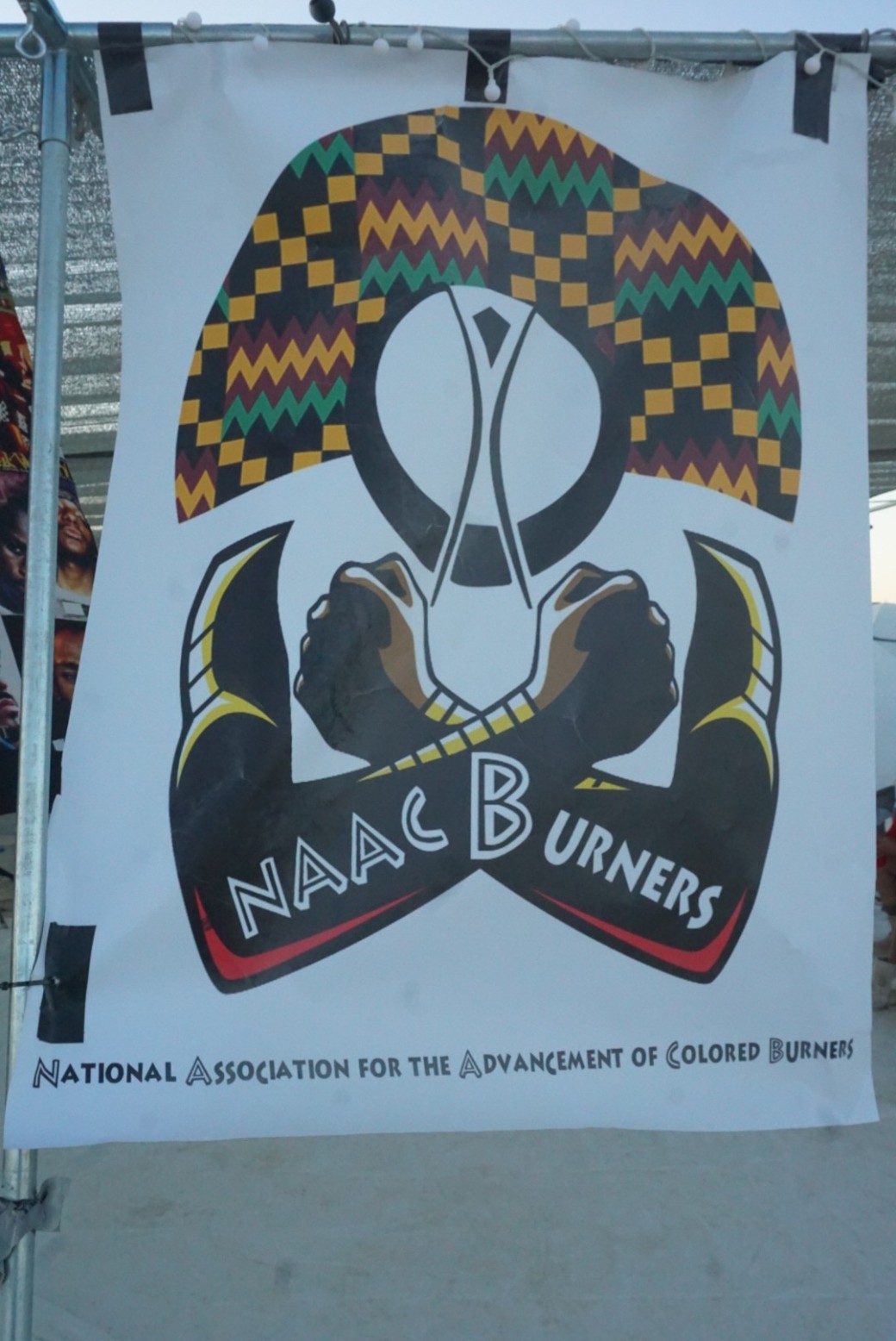
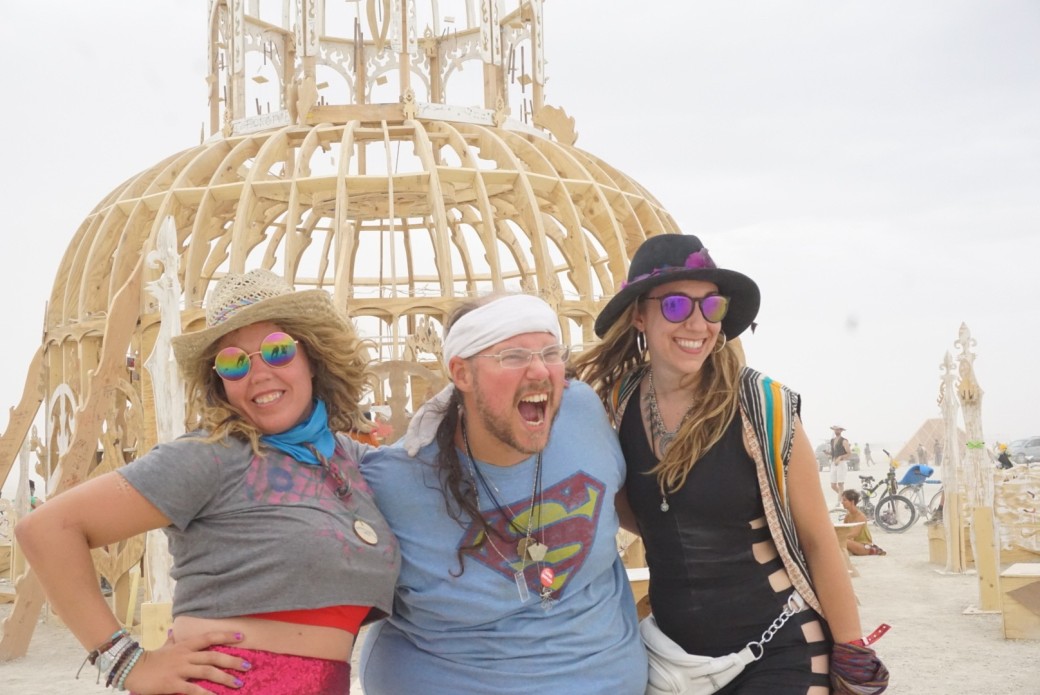
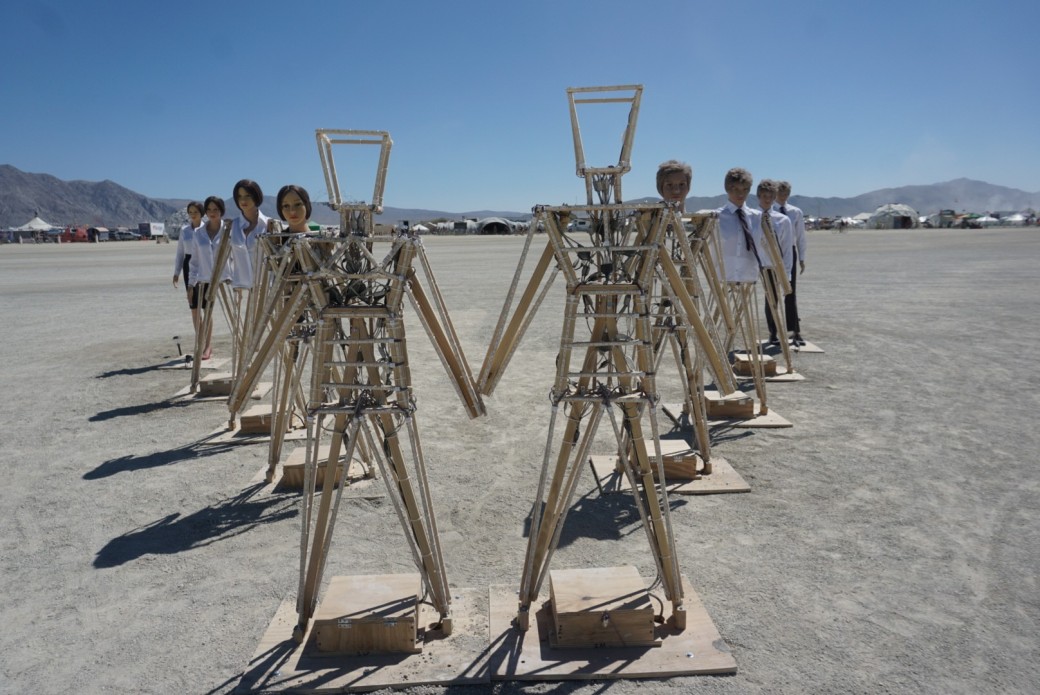
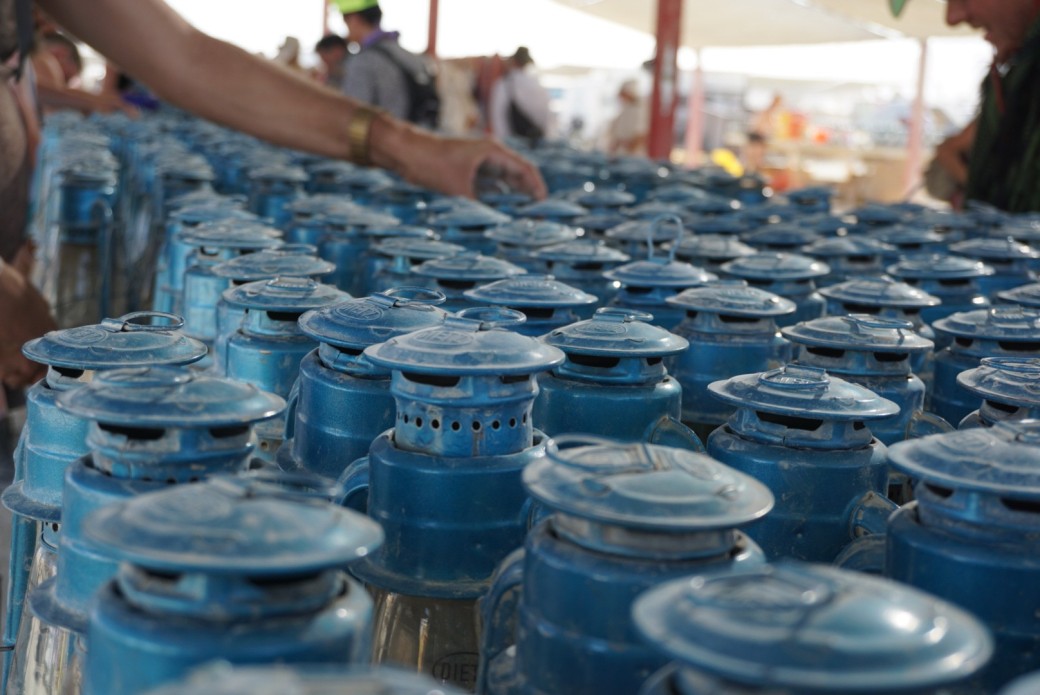
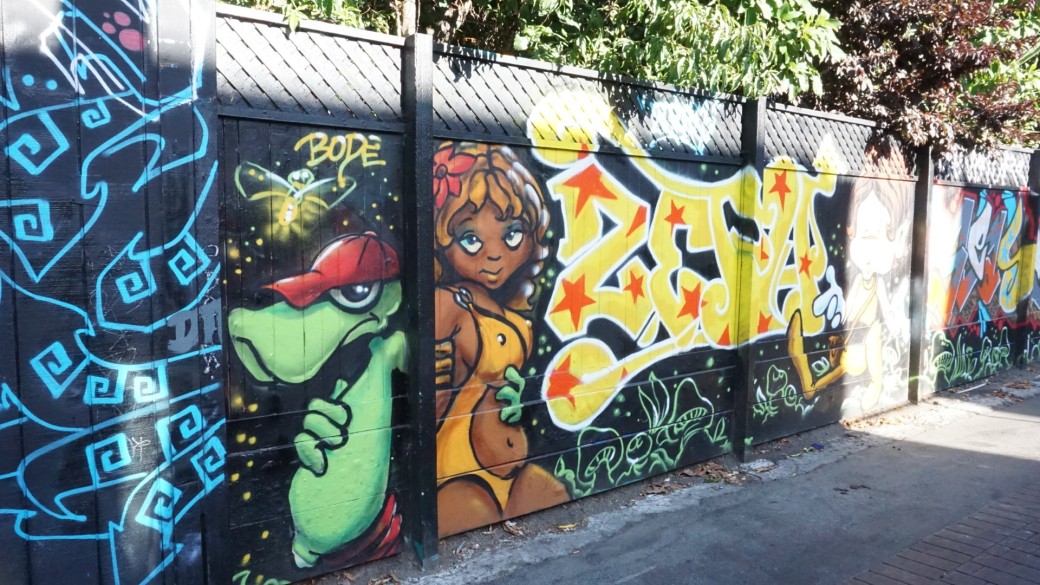
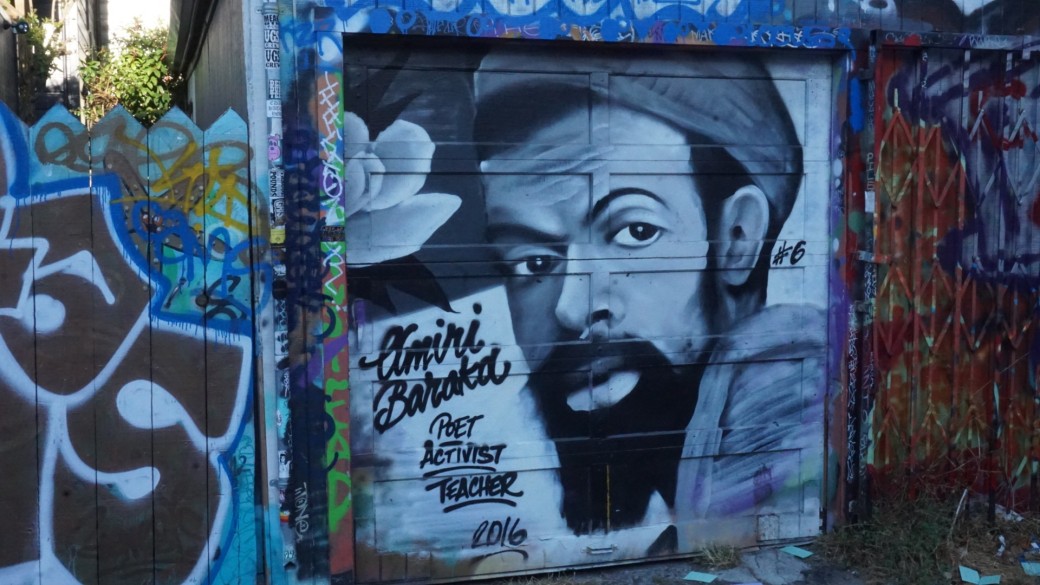
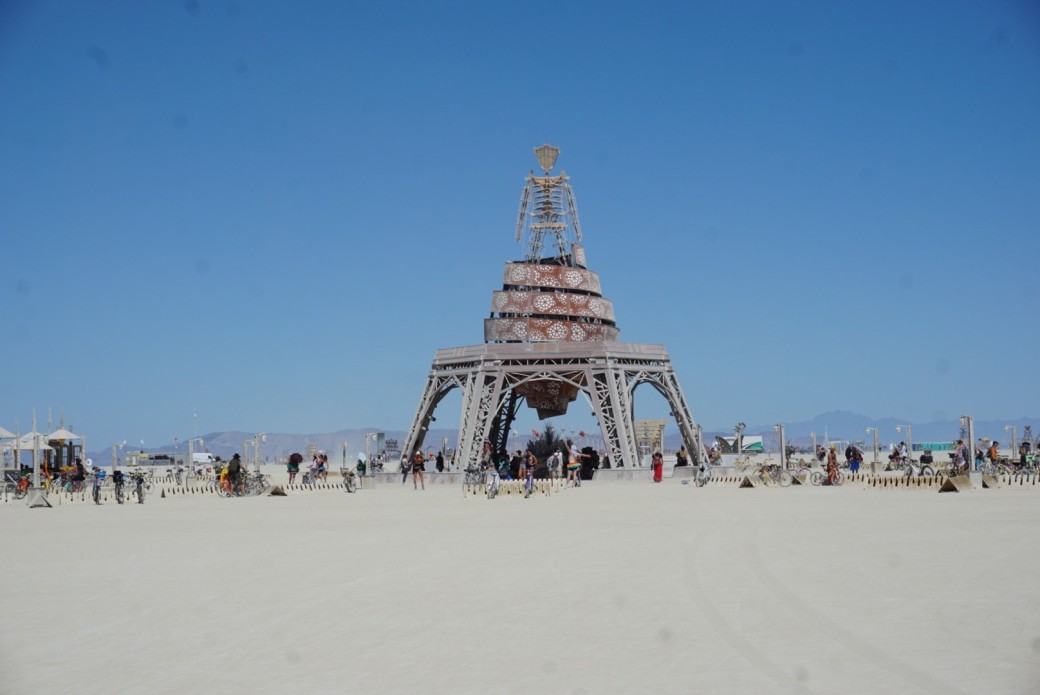
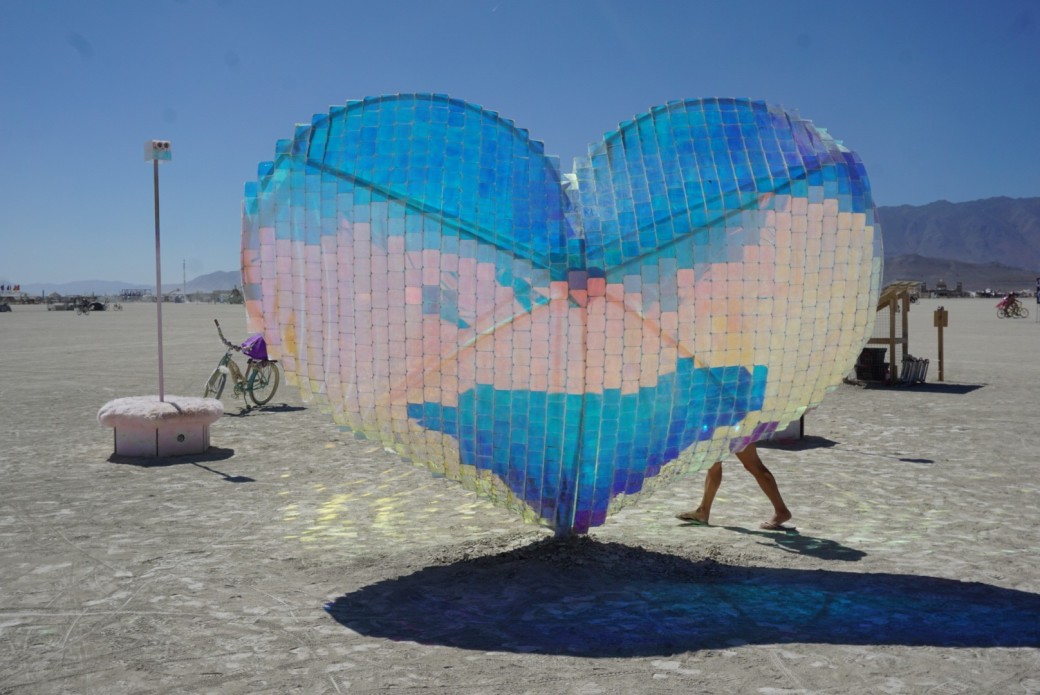
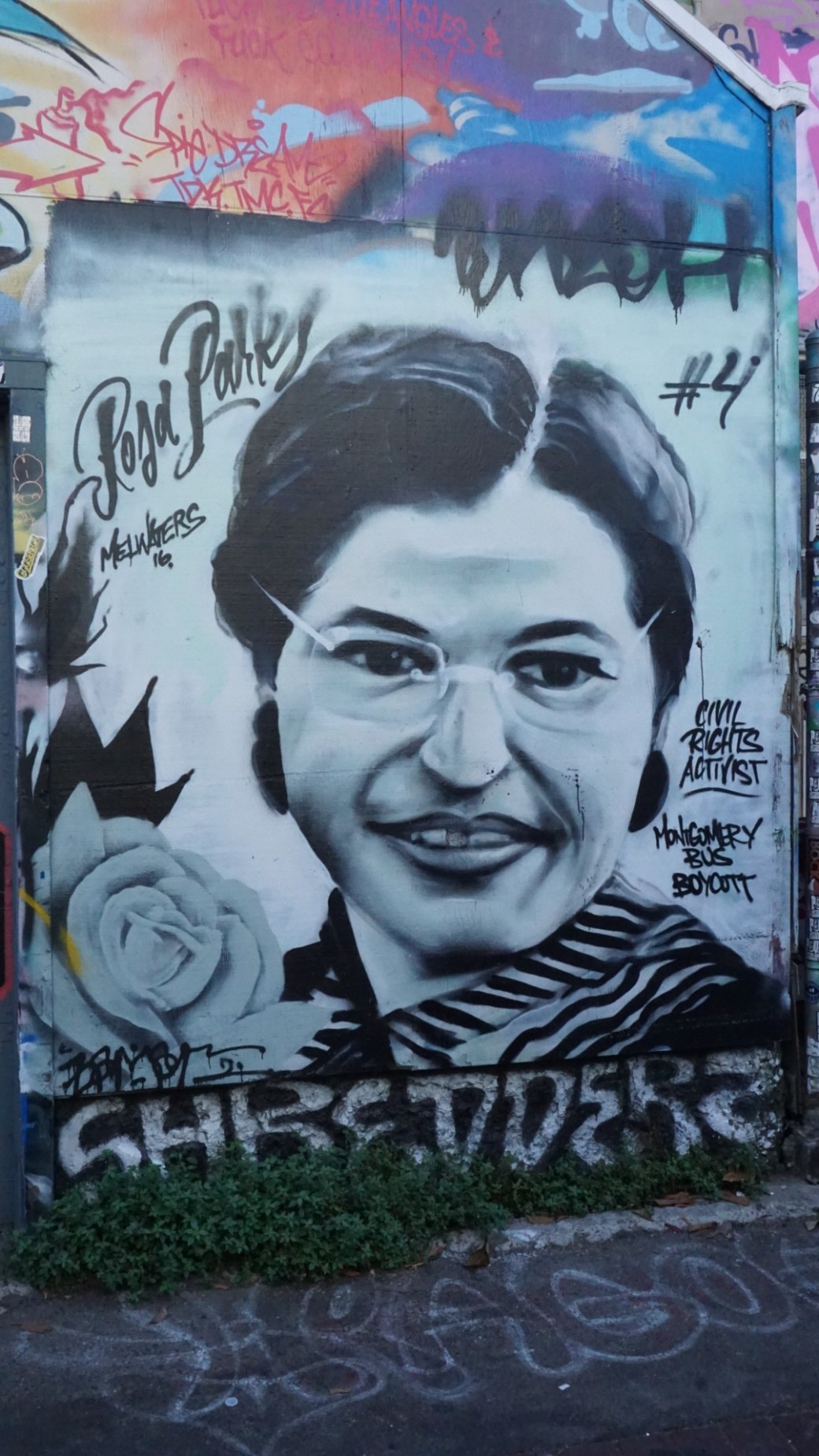

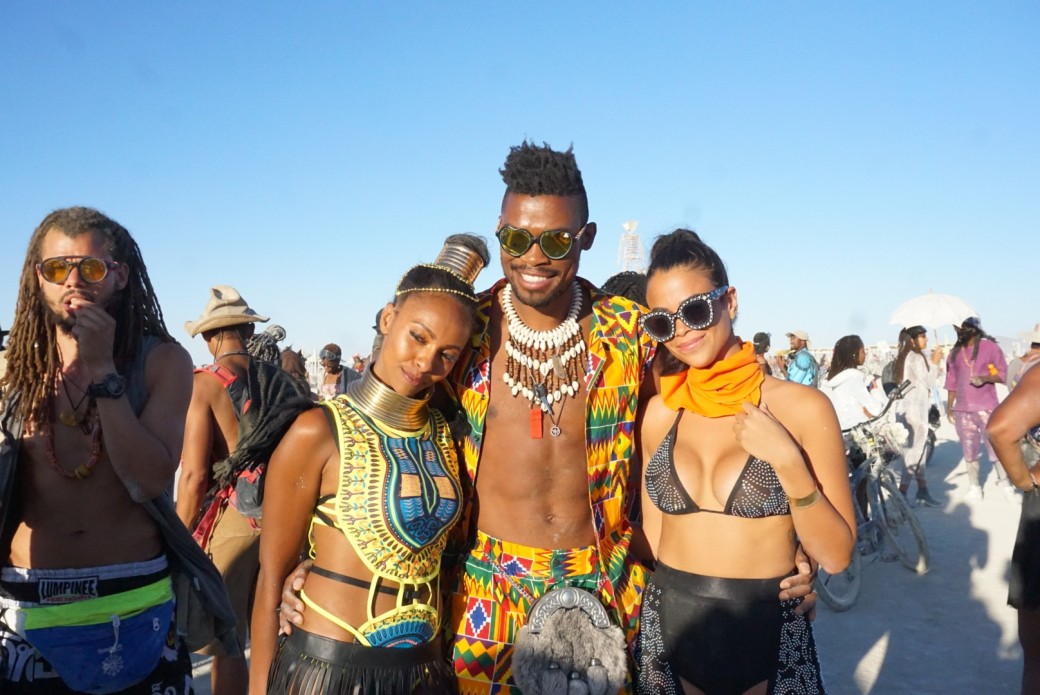
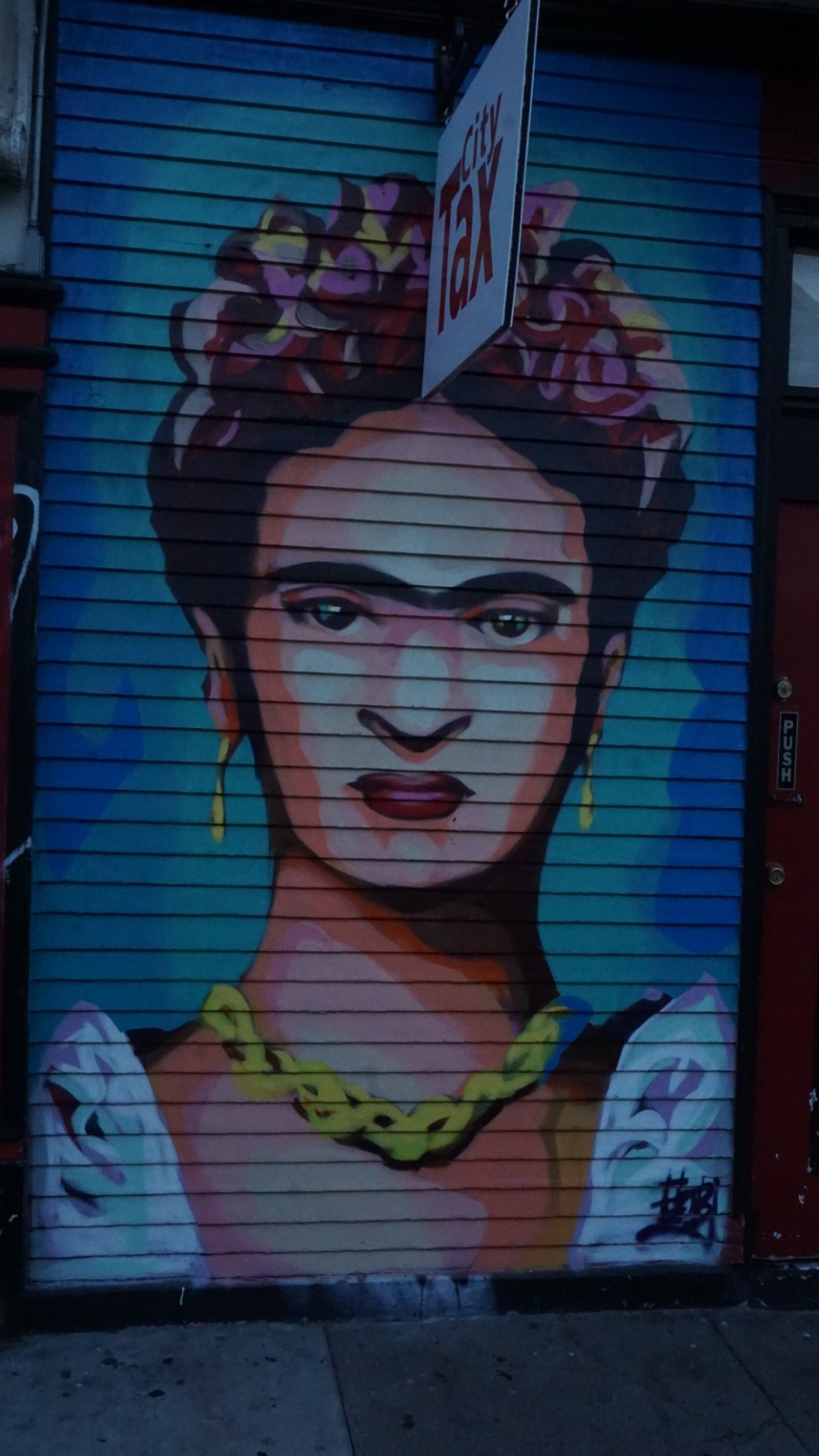
Be kind to yourself.
Onward.

*I have a camera. I like taking pictures. Here are some of photographs from my recent life stuff.





















Be kind to yourself.
Onward.
Guest Post Note: Most of this blog has given you my experience in Peace Corps eSwatini. This week, here’s something a little different. How did Peace Corps eSwatini, through the lens of a PCV, experience me? Meet Lakia. She is currently serving an extension year as a PCV in Peace Corps eSwatini. She enjoys reading, travel, blerd culture and being the greatest aunt ever. Find her on twitter – @pirate_jenn

Kirby P. Riley and I met 2 years and 2 months ago. Well, not really met. More like I tried to greet him on the airport shuttle, he wasn’t interested, I retreated to my own personal space and we carried on from there. But over the span of 2 years and 2 months, I’ve come to completely love and
learn so much from this genuine, kind, slightly anti-social gentleman.
I wish I could sum him up in a neatly bound collection of quirky adjectives and anecdotes, but I can’t. He’s just Kirby. Full stop. Anyone who knows him, knows that this phrase is enough. They understand that there is no box that works, no paragraph that can bind such a fluid individual. All
that I have, all that anyone who knows this weirdo has, is a bunch of interesting experiences so cherished that they simply can’t be shared with just anyone.
Like the times when we traded stories about our work as educators in our respective communities. Kirby is the most dynamic, long-winded storyteller I’ve ever met. But it works, somehow. Because he’s Kirby. Or the times at every Peace Corps training when a guest speaker is present and he has a question. Every question, everywhere, is always prefaced with “Uhhhhhh….hello….Kirby P. Riley,
what-is-kirby-doing-dot-com…..soooo, so my question is….” That’s Kirby. Full stop.
At a glance, he could seem like an aloof individual. But after a range of debates, puzzling Peace Corps moments, crying on his shoulder, and chats into the evening, I have learned he is immensely present. He is there. When you think he might not be paying attention. When you think you only have him as a random colleague in your life. He will show up and surprise you in profound ways. He will stretch your values and demand you know who you are and what you’re talking about. As a true friend does. Full stop.
Kirby P. Riley refuses to be my housemate. Something about “I’ll annoy him forever”, blah blah blah. But regardless, he’s stuck with me. Because like Kirby, while I don’t know everything, I know what matters. Which is when you find something good, something that moves you and helps you grow, you hang on to it. Like the Cowboys, and Reddit, and the Burn, and good soul food and sweet tea. Like our friendship. So sadly, he will find me in lots of places – on the phone, in his emails, his blog posts (but Reddit is where I draw the line, because that place scares me).
Anyone who knows anything about Peace Corps would assume that working in such an organization is trying work that tests your limits. You have to step into the capabilities you are made of. Those assumptions are correct and then some. What I found to be a saving grace in my service has been the connections with those around me who understand the layers of this work and can encourage me while I navigate the complexities of Peace Corps service. Those connections are ones I am deeply grateful for, ones that have changed my life forever. And one of those connections came in the form of a guy filled with heart, soul, compassion and an ear-splitting cackle.
Kirby. Full stop.
Be kind to yourself.
Onward.
Last week, I started delving into what people call me and how I am addressed here in Swaziland. You can check out that post here.
On more than a few occasions, people have questioned where I am from. When I respond that I am from Washington, DC, sometimes, I’m asked from which country (in Africa) my family and I originated. I’ve been told, by various folks in Swaziland, that I must be from Nigeria. I’ve also heard that I am Swazi. I’ve also been told that I from various other places. When I respond that I don’t know where our African origins lie, folks look closer to try to figure out where I am from. Some tell me that I couldn’t be from America.
This typically leads to conversations about race and diversity in America. For some people who aren’t unaware of the presence of Black people in America, they may refer to me as umlungu myama (pronounced om-loon-goo mm-ya-ma). I was initially told that this means Black American. It was surprising to learn this because myama means black and umlungu means white person. When I first heard the term, I was confused as to how I could be a Black white person. Umlungu has since been clarified to also mean boss or foreigner. Umlungu myama makes a bit more sense, as one gentleman still thinks that I am of Nigerian origin. In that sense, umlungu myama would mean Black foreigner. I’ve also heard Swazis use the term when describing me in siSwati to someone else.
In the rarest of occasions, I’ve been referred to as umlungu, without myama. The person shouting in this instance is typically a young man trying to sell me something. I tend to ignore these instances, especially since it usually happens in a big city centre that I don’t frequent. Some things aren’t worth the bother.
Be kind to yourself.
Onward.
During a WhatsApp chat last week, a volunteer in my group highly recommended that I read “28: Stories of AIDS in Africa” by Stephanie Nolen. As others in the group talked about the book, those same recommendations were echoed. I had been planning to read it at some point. I figured now was a great time for it.
I’ll start by saying that the book was very worthy of all of the praise and recommendations. Nolen, a Canadian journalist, wrote the book while living in Johannesburg, South Africa as The Globe and Mail’s Africa Bureau Chief. She manages to highlight various political and cultural issues intermingled with the stories of 28 people affected by HIV in Africa. As I progressed through the book, I was very excited because the stories gave me a better understanding of the cultural landscape across sub-Saharan Africa in general, and Swaziland, in particular (two people’s stories were from Swaziland).
There’s the issue of a lack of women’s empowerment. Several stories, including one from Swaziland, were about married women who contracted the virus from their husbands. In many of these stories, the married woman wouldn’t dare ask her husband to use a condom. This remained true even if the wife suspected or knew that her husband had multiple sexual partners. To ask him to use a condom would be considered disrespectful, and she risked being thrown out of the home.
Then, there’s the issue of transactional sex. Some stories prominently featured people who engaged in transactional sex for a myriad of reasons. Lack of money. Lack of food. Lack of transportation. Lack of other employment opportunities. Lack of skills. I have heard stories during my short time here in Swaziland about double orphaned (meaning that both parents are deceased) pubescent girls who are in charge of looking after their younger siblings. Because these girls often lack things like food and money, they become prime targets for transactional sex, and subsequently are at higher risk of contracting HIV.
Reading this book at this time in my life presents a unique perspective. I am a part of the western world’s response to AIDS on the continent. While I know that there are people in DC and around the world living with HIV, it’s much more “in your face” here in Swaziland. A part of the Ministry of Education curriculum includes lessons of HIV awareness, prevention, testing and counselling. Free condoms are distributed around the country as a part of the “Got it? Get it.” campaign. Many NGOs operate in Swaziland with expressed purpose of reducing HIV incidence (new infections). I’m excited to, hopefully, be a part of the solution, and to continue learning.
Be kind to yourself.
Onward.